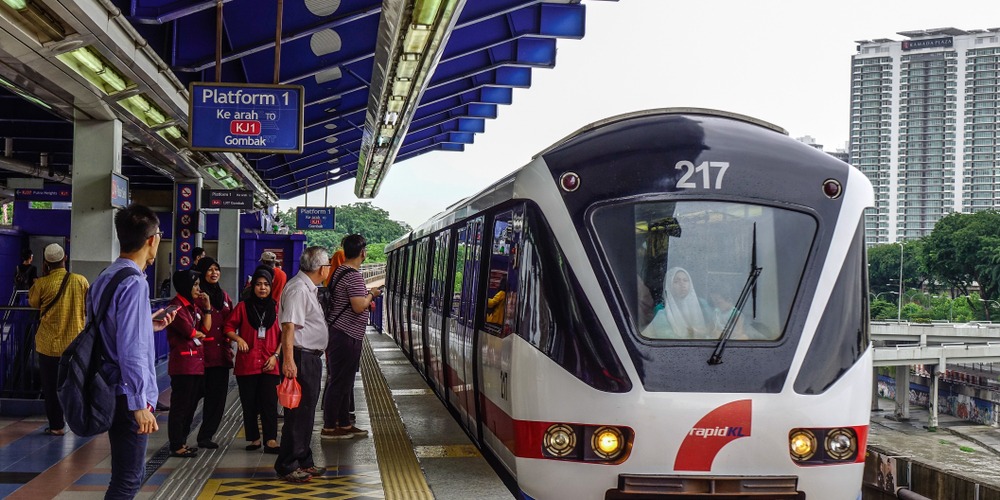Malaysia sells $800 mln sustainability sukuk with public transportation vouchers as underlying assets
The Malaysian government has issued its first-ever U.S. dollar sustainability sukuk, with its underlying assets being vouchers representing travel entitlement on the public train transportation system.
In a statement on Thursday (Apr 22), the ministry of finance said the ten-year $800 million sukuk was priced at 2.07%.
The sovereign also sold $500 million in 30-year trust certificates priced at 3.075%.
The offering of the debts was oversubscribed by 6.4 times, resulting in the government upsizing the initial total target size of $1 billion to $1.3 billion.
Other stats about the sukuk sale:
- Investor geographies: The ten-year sukuk was distributed to investors in Asia, 33% to Europe, Middle East and Africa, and 12% to the United States.
- Investor geographies: 46% of the principal amount of the 30-year sukuk was distributed to investors in Asia, 33% to EMEA and 21% to the U.S.
- By investor type: Distribution of the ten-year tranche was 67% to fund managers and insurance companies, 18% to central banks and governments, 14% to banks and 1% to other investors.
- By investor type: Distribution of the 30-year tranche was 83% to fund managers, 10% to banks, 4% to central banks and governments, and 3% to other investors.
Proceeds from the sales will be used to finance or refinance new or existing development expenditures with social and/or green focus aligned to the United Nations' Sustainable Development Goals (SDGs). These include accessibility to healthcare (SDG 3), clean transportation (SDG 11), sustainable management of natural resources (SDG 15), renewable energy (SDG 7), and green buildings (SDGs 9 and 11).
The government's sustainability framework was assessed by ESG research and ratings company Sustainalytics and found to be aligned with the four core components of the Social Bond Principles 2020 (SBP), the Green Bond Principles 2018 (GBP), and the ASEAN Sustainability Bond Standards 2018 (ASEAN SUS).
CIMB, HSBC, and J.P. Morgan were Joint Bookrunners and Joint Lead Managers.
HSBC Amanah Malaysia and J.P. Morgan were the Joint SDG Structuring Agents.
The Sustainability Sukuk’s Shariah structure was approved by the Board Shariah Committee of CIMB Islamic Bank Berhad and HSBC Global Shariah Supervisory Committee.
Both tranches of the debt sales were assigned a rating of A3 by Moody's and A- by S&P.
Malaysia last tapped the global debt market in 2019 with a ten-year yen-denominated bond. Its last global sukuk was farther back, in 2016.
In the sustainability and green sukuk market, Indonesia was the first to issue a U.S.-dollar green sukuk in March 2018.
© SalaamGateway.com 2021 All Rights Reserved
